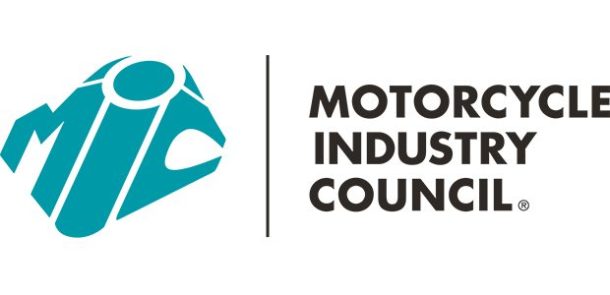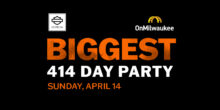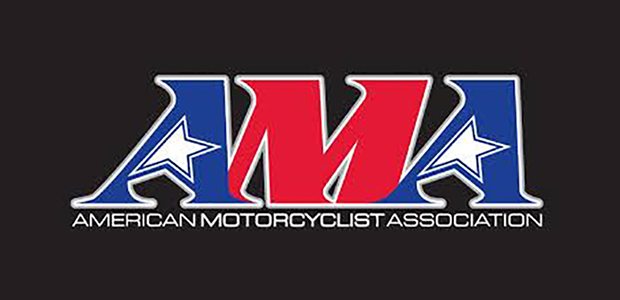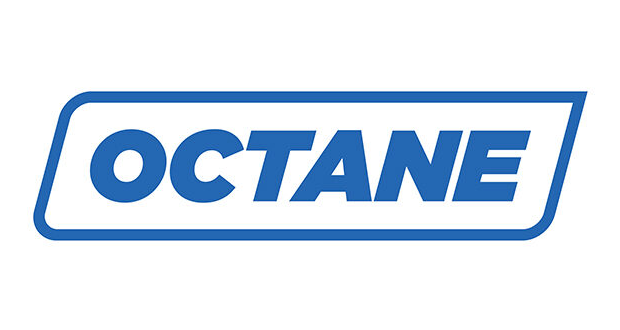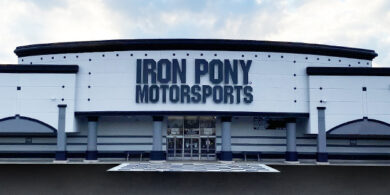Intelligent interviewing
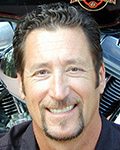 The number one challenge shared by motorcycle shops around the country is finding good technicians. Bad attitudes, poor work ethic, sloppy personal standards and skills inconsistencies are just a few of the complaints about the selection of potential entry-level and experienced technicians in the field. Federal and state laws prohibit previous employers and technical schools from providing some of the information you want to know to make an informed hiring decision. But, there are some tools still at your disposal that can help you make better decisions – more often.
The number one challenge shared by motorcycle shops around the country is finding good technicians. Bad attitudes, poor work ethic, sloppy personal standards and skills inconsistencies are just a few of the complaints about the selection of potential entry-level and experienced technicians in the field. Federal and state laws prohibit previous employers and technical schools from providing some of the information you want to know to make an informed hiring decision. But, there are some tools still at your disposal that can help you make better decisions – more often.
*Note: Google searched questions you cannot ask an applicant.
- What is your religious affiliation?
- Are you pregnant?
- What is your political affiliation?
- What is your race, color or ethnicity?
- How old are you?
- Are you disabled?
- Are you married?
- Do you have children or plan to?
- Are you in debt?
Smart Questions
When interviewing applicants and their previous employers you can ask several questions that will help you predict future performance. For example – Ask applicants and/or previous employers…
- When did he/she/you start and leave their last company of employment? (The applicant’s statement should match the employer’s)
- While employed did he/she/you have perfect attendance? (The number one employee requirement is showing up on time, as scheduled)
- Has he/she/you ever been disciplined for a behavioral issue? (A negative answer is preferred, but if they do exist, ask the applicant for an explanation)
- Does he/she/you work well with 100% of their co-workers? (Not 100%? Ask the applicant for an explanation)
- Would you hire he/she or… would you work there again? (If not, ask why)
- What are his/her strengths? What do they do best?
- What are his/her weaknesses? (I’d want an applicant to be honest here. It will help you decide if they’re a good fit for the job opening and provide direction on what tasks to assign first)
- On a scale of 1-10, how would you rate his/her/your communication skills? (Good communication skills are essential to any frontline sales position and a bonus for technicians)
Applicant Specific Questions can include:
- What do you ride? Is it here and can I look at it? (Enthusiasts tend to perform better than non-enthusiasts. Plus, the condition of the applicant’s personal vehicle can provide insight to their creativity and attention to detail)
- How much do you have invested in your personal tools? (Experienced techs will have $10,000 and more. Graduates of a technical school may have less than $1,000. Obviously, the more the better and, if you can inspect their tools you’ll know if they invested in premium brands and how organized they are)
Technical Institution Graduates
There are a number of private and community technical training institutions around the country. All have positive attributes. Those that are sponsored by the manufacturers tend to provide more up-to-date training and actual learning on late model vehicles. This is especially important to franchised dealerships.
Major schools have a graduate placement department. Here you can acquire a list of grads that are seeking employment in your area. The school can provide you with a transcript of grades that, for the most part, indicates learning comprehension and attendance records. Tip: Seek individuals with perfect attendance.
Some schools grade hands-on performance, which is the most important criteria to judge an aspiring entry level tech. The Motorcycle Mechanics Institute has taken this to extremes by creating their Dealership Service Operations (DSO) section for their Harley-Davidson Later Model students.
DSO is two sections of focus for six weeks, 30-days in length, five hours per day. 16-days are technician focused and 8-days are business focused in areas such as parts-to-service liaison and service consultant. Students operate in a simulated shop environment where they receive a repair order and just… work. Instructors operate as service managers/mentors. They do not teach per se. They score performance and bail students out of tough spots if the student asks. That comes with a price though. If a student wants to score 100% on their day assignment they must complete it within two times flat rate, perform it to factory specifications, follow all safety procedures, use the right tools correctly and not require the help of others; be they students or instructors. It is as close to working in a shop as it can get, while being consistent and score-able.
What They Do
Jobs include the work expected of a Harley-Davidson technician with a PHD Vehicle and Chassis Service and Basic Electrical Diagnostics recognition. Simply explained as the regular service and repairs incurred in the first 1000 to 10,000 miles and electrical work such as being able to competently use Harley’s Digital Technician tester to set PINs, set-up FOBs and perform ignition system diagnostics. Using other H-D special tools they will test: batteries, charging systems and starting systems and repair wiring harnesses.
The student motivation is that they can earn the first two levels of Harley-Davidson PHD Technician recognition by completing all of the online PHD programs on their own time and by achieving at least an 80 percent score or higher on their PHD task assessments in the two DSO sections.
The dealership benefit is two-fold. One, a graduate who achieved PHD status at MMI can save the store thousands in training costs and second, the dealership’s interviewer has the best tool available to ascertain the hands-on competencies of the applicant. All of the DSO scores are in what’s called the student’s Orange Book. Now – and this is very important, MMI will not give you the student’s Orange Book. It is the property of the individual. You’ll have to ask the applicant to look at their Orange Book. In it you’ll learn exactly how well they performed entry-level tasks in a real life setting. You’ll know what they’re good at, what needs more training and if they trend poorly or really well in a specific area. That’s priceless for hiring and retaining individuals that meet your criteria. Don’t you wish you could get that from every applicant?
Dave “Dako” Koshollek has worked in the motorcycle industry since 1971 as a motorcycle mechanic and service manager, as a technical trainer and national director for MMI’s Harley-Davidson training programs and as vice president for Dynojet Research’s motorcycle division. In 1998 Koshollek formed the DAKO Management company that provides sales, management and product training both in print and in person. He has written over 200-articles for Harley-Davidson’s dealer publication, ShopTalk, has developed and taught numerous Harley-Davidson University courses in dealerships and at dealer conventions around the world and has authored a column titled “Dako’s Fuel for Thought” for over 10-years that delivers proven parts and service operations best practices. Dako lives by the principle, “Ride Well – Be Profitable”, which applies to all things in life.


